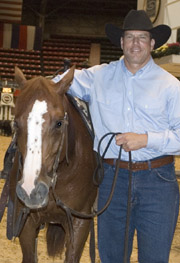 Picking stock has taken on new meaning for Jon Winkelried, president and co-chief operating officer of Goldman Sachs global investment bank.
Picking stock has taken on new meaning for Jon Winkelried, president and co-chief operating officer of Goldman Sachs global investment bank.
Winkelried is in Fort Worth, TX today to compete in the National Cutting Horse Association’s Summer Spectacular. He has qualified two horses for the second go-round of non-pro competition in the 5 and 6-year-old division, most notably Quintan Blue, one of the sport’s all-time leading money earners.
Although he didn’t start riding horses until he was an adult, and he didn’t take up cutting, a sport that demands quick reflexes – both mental and physical – until two years ago, Winkelried has made remarkable progress. Earlier this year, he was a finalist in the amateur division of two major events. Now he is competing in the tougher non-pro ranks in Fort Worth.
Earlier this week I asked Winkelried if and how business skills might relate to cutting competition.
“I think there are certainly some common themes,” said Winkelried, who lives in New York and finds little time to practice between shows. “If you want to be good in anything, I think you have to become a student and be somewhat intense about it. Learning as much as you can, taking instructions and learning from good people, is always a key. If you really want to get up the learning curve fast, those are the things that are common between doing well in business or doing well in something like this.”
Winkelried owns a ranch in Meeker, CO and grew up playing sports, but admits that cutting is not an easy sport to master and that he had to tackle a steep learning curve to be competitive.
“There is a certain amount of athleticism that helps you in this sport,” he noted. “But what you learn when you compete is really critical. Every time you (show) you learn something else in terms of your position on the cows, for instance. You become much more aware of what’s going on around you.
“I think when you’re a real novice, there’s so much going on and so much stuff coming at you, you don’t know really how to sift through it and what to make of it. But the more you do it, the more the sport slows down a little bit for you, so that you start to become aware of things that will allow you to improve. I’m still going through that.
“Every time I go in (the arena), I’m learning a little bit more about what I’m trying to accomplish. You also get calmer as you do it more. I think everybody probably gets excited about going in there, if you love it. But I think nerves turn to more controlled excitement and that helps you, because you have a clearer head.”
